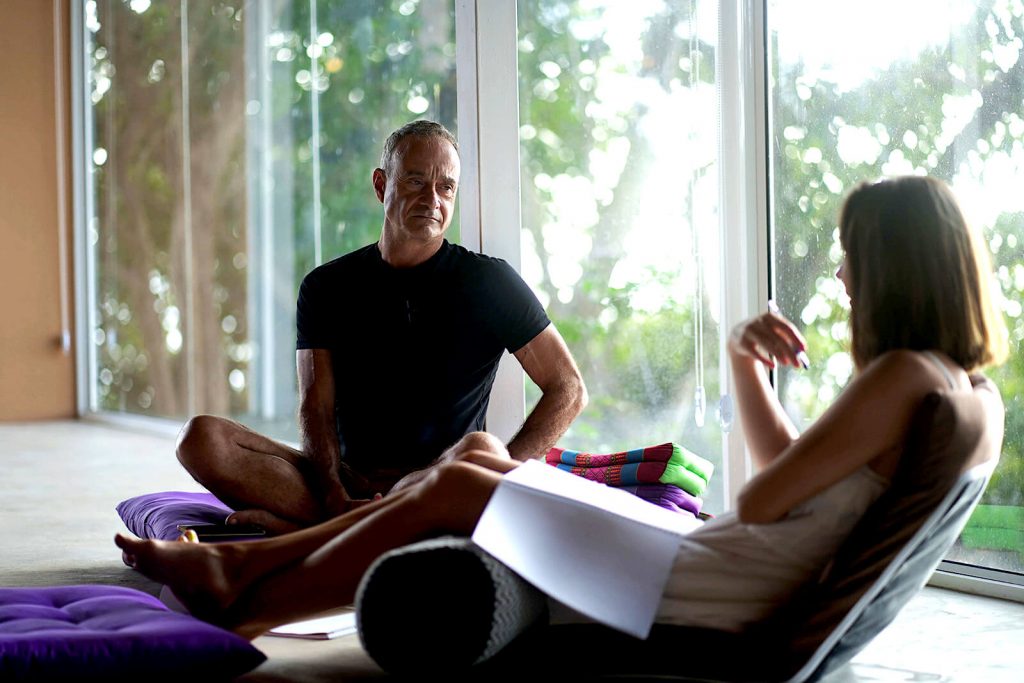Mediation
If you’re facing conflicts or challenges in your relationships (love, family, friends, work), my mediation service will help you find peaceful solutions and restore harmony.


Resolution

Harmony

Collaboration
Alongside more personalized mediation methods
Facilitative Mediation
A neutral mediator helps the parties communicate more effectively and guide them toward their own resolution. The mediator does not offer solutions but facilitates the conversation.
Evaluative Mediation
The mediator evaluates the situation, gives feedback, and suggests possible outcomes based on their expertise or legal standards. This approach is often used in legal disputes.
Workplace Mediation
Aimed at resolving conflicts between employees or between employees and management. This can help improve relationships and prevent formal legal action.
Family Mediation
Specifically designed for resolving family disputes, such as divorce, child custody, or inheritance issues. A neutral mediator helps the family members reach an agreement in a constructive manner.
Online or Virtual Mediation
Conducted remotely, often using video conferencing tools. This type of mediation is convenient for parties in different locations and is increasingly popular.
Interest-Based Mediation
Focuses on identifying the underlying interests and needs of the parties rather than their positions. This approach helps find mutually beneficial solutions.
Peer Mediation
Typically used in schools or communities, it involves individuals from the same group or community mediating conflicts among their peers. Peer mediators are trained to help others find resolutions.
Community Mediation
Involves resolving disputes within a community, such as neighborhood disagreements, conflicts between local businesses, or issues related to public spaces.
Restorative Mediation
Aimed at restoring relationships after harm or wrongdoing. It often involves the perpetrator, victim, and sometimes the community, to address the harm and agree on steps to repair it.
Transformative Mediation
Focuses on transforming the relationship between the parties. It aims to empower the participants and promote understanding, improving their communication and connection.
Narrative Mediation
Involves exploring the stories and narratives that the parties tell themselves about the dispute. The mediator helps reframe these narratives to find common ground and alternative perspectives.
Cultural Mediation
Addresses conflicts arising from cultural differences, ensuring that parties from different cultural backgrounds understand each other’s perspectives and work toward a common resolution.
#1. Neutral
"As the mediator, I am impartial and do not take sides in the dispute."
#2. Collaborative
"Both parties work together to find a mutually acceptable solution."
#3. Confidential
"Information shared during mediation is kept private and not disclosed to others."

#4. Constructive
"Focuses on finding positive, practical solutions to resolve the conflict."
#5. Non-Confrontational
"Encourages dialogue without escalating tension or conflict."
#6. Empowering
"Gives participants the autonomy to make their own decisions and reach agreements."
The key is to understand your wounds and conditioning, so you become 'Allies in Healing' rather than adversaries in pain. —The Wizard of Love

The Wizard of Love
Bernard Zylberberg
Certified Relationship and Development Coach & Counselor
FAQs - The Wizard of Love answers your questions
What is the difference between counseling and coaching?
The difference between counseling and coaching is that counseling helps you address past issues to improve your present well-being, while coaching focuses on developing new strategies to help you grow and move forward into the future.




